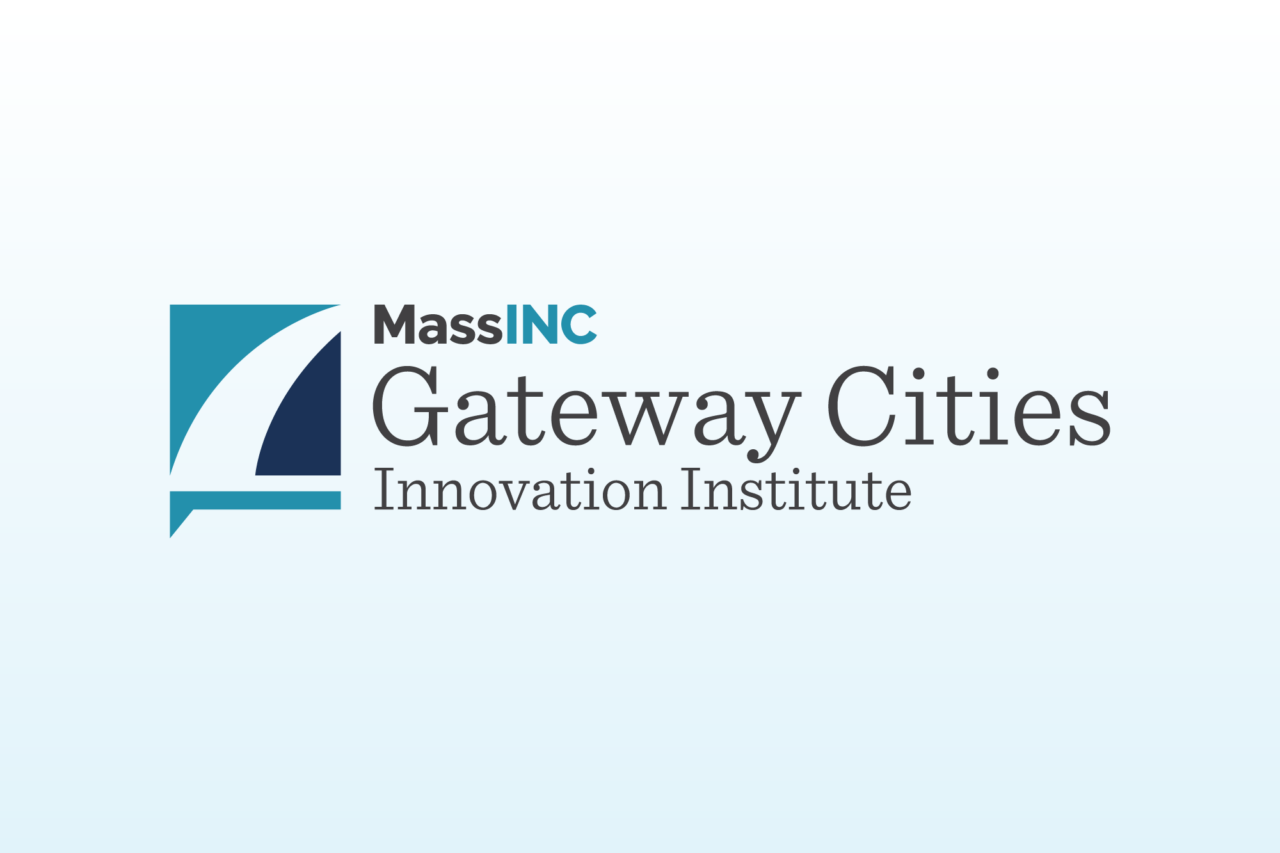The MassINC Policy Center generates research to frame pressing issues, identify actionable solutions, and monitor progress. The Center favors a ground-up approach, engaging with state and local officials and civic leaders to surface problems and actionable strategies to address them. We strive to produce unbiased information that leaders can rely on when tasked with making difficult choices.
Featured Research
See all Research
Case Study: Teach Western Mass
Vital lessons for systems change initiatives seeking to solve education equity challenges.
Key Takeaways
- Teach Western Mass (TWM) built culturally responsive training and recruitment programs that expanded access to teaching and increased educator diversity in Holyoke and Springfield.
- In partnership with school districts, colleges and universities, and the state education agency, Teach Western Mass helped elevate educator workforce and diversity as a shared regional priority.
- TWM’s early ambitions to change systems to expand the regional educator pipeline delivered impact, but limited capacity ultimately required the organization to focus on its teacher residency training program.
- This case study underscores the challenges that small nonprofits face mounting long-term system-change efforts.
Featured Research
See all Research
Harnessing the Full Potential of Regional Rail with Variable Pricing and Equitable Fare Policies
This analysis outlines a practical path to increasing ridership and expanding access on the commuter rail through variable pricing and more equitable fare structures. The report shows how Massachusetts can make measurable progress toward Regional Rail by leveraging existing system capacity to strengthen economic mobility across the Commonwealth.
Gateway Cities
The Gateway Cities Innovation Institute works to unlock the economic potential of small to mid-size regional cities.
Leveraging MassINC’s research, polling, and policy team, the Institute strengthens connections across communities and helps Gateway City leaders develop and advance a shared policy agenda.

Latest Updates
See all Policy Center Updates
Gateway Cities Journal | What Makes a Gateway City?
December 5, 2025


